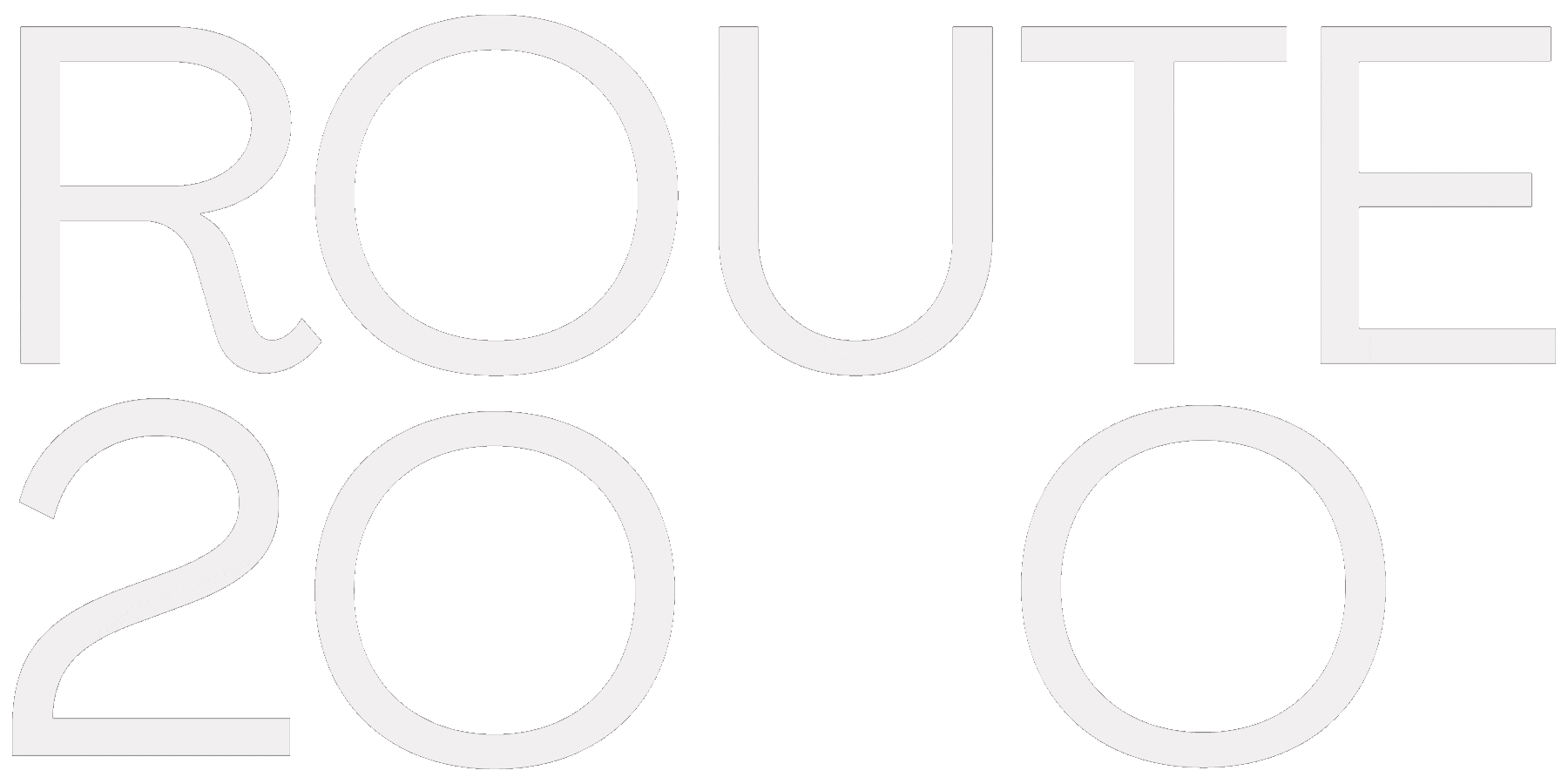
How is Belgium advancing Agenda 2030? Understanding the SDG gap and spillover analysis.
Federal Institute for Sustainable Development


The 2030 Agenda and its associated Sustainable Development Goals (SDGs) constitute the global framework for sustainable development. In Belgium, the Federal Institute for Sustainable Development (FIDO)—the federal expertise service and commissioner of this research—is responsible for monitoring and following up on SDG integration into federal policy.
In 2024, FIDO launched a comprehensive research project to answer one central question:
Where does Belgium currently stand in terms of the SDGs, and what impact does our policy have on other countries?
What did the research entail?
On behalf of the Federal Institute for Sustainable Development (FIDO) , Route 2030 , IDEA Consult and the Institute for Sustainable Development (IDO) worked together on an in-depth study into:
Belgium's progress on the 169 sub-objectives of Agenda 2030 (gap analysis).
The spillover effects of domestic and foreign policies on other countries (spillover analysis).
1. Gap analysis of the 169 sub-goals of Agenda 2030
Key insights:
Of the 237 sub-objectives, 101 have been fully achieved, but only 42% of the targets have been validated.
Belgian policy sometimes causes negative spillovers in partner countries, especially in the environmental and social areas.
The study calls for greater coherence and cross-border cooperation , in line with SDG 17.14.
This foundation forms a central foundation for future policy initiatives, including the Federal Plan for Sustainable Development after 2026.
2. SDG spillover effects: the hidden international impact of Belgian policy
Besides domestic progress, FIDO investigated how Belgian choices impact other countries. These are the so-called SDG spillovers : the unintended positive or negative effects of Belgian policies on other countries.
Key insights from the spillover analysis:
Belgium has a substantial global footprint , especially in ecological and social domains.
Some policies promote sustainable development in Belgium, but undermine progress in partner countries .
The report emphasises the need for greater policy coherence between departments and a cross-border approach (SDG 17.14).
Recommendations for stronger and more coherent SDG policies
1. Innovation in monitoring
Belgium needs new indicators to:
to measure environmental impact in supply chains
to include foreign production chains in Belgian consumption figures
to systematically monitor international spillovers
2. Greater policy coherence between federal services
Countries like Germany and the Netherlands demonstrate that integrated policy approaches work. Belgium can take similar steps by coordinating departments more closely .
Conclusion: insights that lead to action
Thanks to this research, Belgium has:
a current and robust knowledge base
clear recommendations for monitoring and policy coherence
a concrete framework to make international spillovers visible and manageable
If Belgium wants to achieve the goals of Agenda 2030, it must look beyond its own borders. By aligning our domestic policies with their global impact, Belgium can become a powerful and positive player in sustainable development—both here and globally.
Download a summary of the research here.

